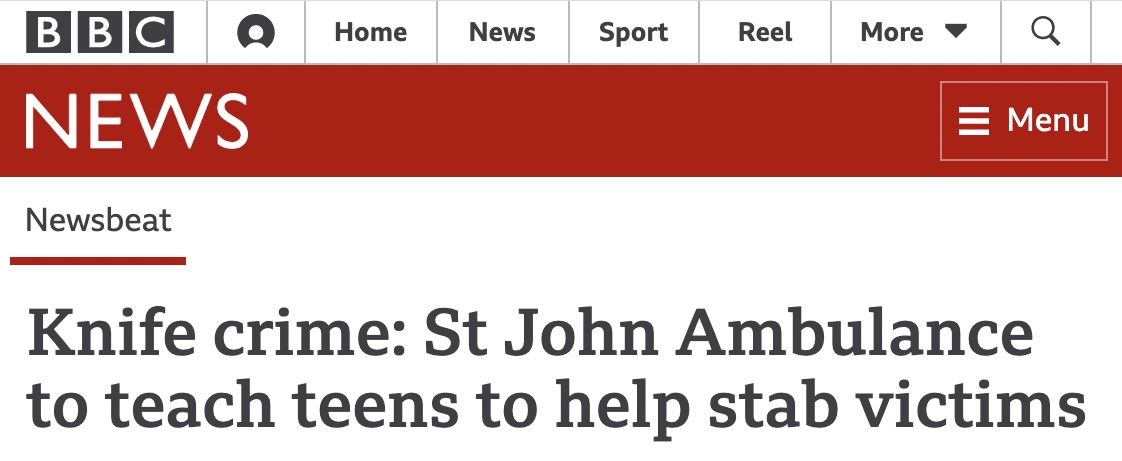IHTFP
Today the MIT Sloan Executive Education program sent me an email with the subject line "The Spirit of Hacking at MIT":
While the terms hack and hacker have many shades of meaning, the hacker ethic has always been celebrated at MIT. Referring to a difficult, complex, and creative campus prank, hacking at MIT is everything from transforming MIT's Green Building into a giant game of Tetris to the most recent redecoration of the Great Dome as Captain America's shield.
To us, hacking means more than just practical jokes. It represents a culture of free information, hands-on experimentation, and disregard for (or redefinition of) bureaucracy. At MIT Sloan Executive Education, we recognize that the spirit of (ethical) hacking is the same fearless spirit that drives invention, innovation, and entrepreneurship.
At MIT Sloan, we applaud the “hackers” among you who are making waves. We encourage you to channel that spirit and hone those skills in Executive Education courses designed to help you revolutionize your business strategy, find creative solutions to systemic problems, and generate breakthrough business ideas.
The link goes to a page on the IHTFP Hack Gallery site listing "Hacks by Year" — other pages include "Best of the Gallery", "Hacks on Harvard", and "Frequently Asked Questions", where you'll learn that IHTFP doesn't really stand for "Interesting Hacks To Fascinate People".

Read the rest of this entry »


